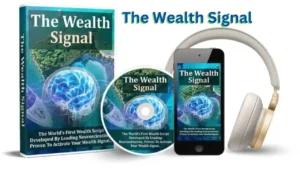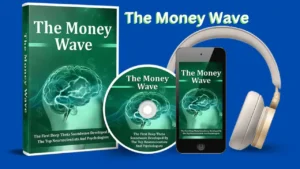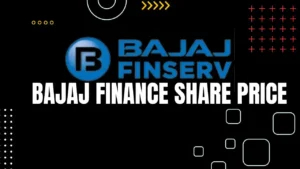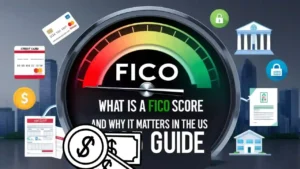Concept of money | Importance of money
Money is a medium of exchange as payment for goods and services. The main features of money are stability, movability, divisibility, uniformity, restricted supply, and acceptability.
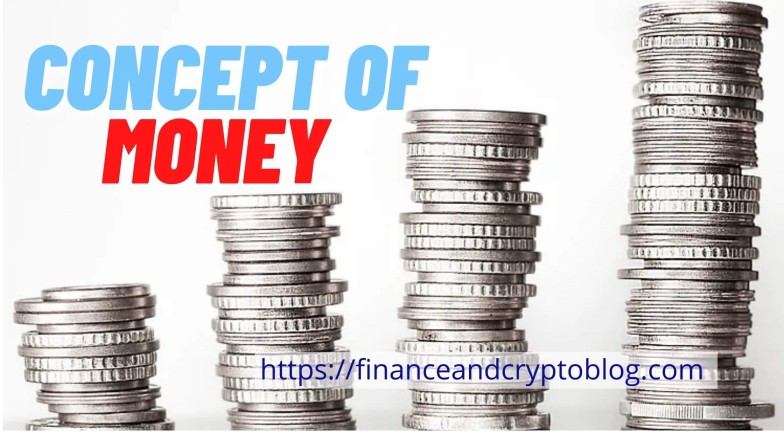
Last updated on May 22nd, 2023 at 02:56 pm
Concept of money: Money is a medium of exchange as payment for goods and services. The main features of money are stability, movability, divisibility, uniformity, restricted supply, and acceptability.
In this article, we are providing a brief introduction and concept of money
To understand money, let’s go back several years.
Let’s start with as early as 6000 B.C. when people first started using the barter system for exchange as a payment system.
Then people moved on to the next points at around 650 BCE when people started adopting the first forms of printed currency and around 963. The first formal fact check came around 1717. The people introduced the digital cash concept in 1998.
And finally, the concept of Bitcoin was released in 2008.
So let’s start with the.

Table of Contents
Concept of money or Definition of money?
The concept of money comes from the Latin word ‘moneta’, meaning coin and it is French monnaie. So we can say Money is
Money is any object that is generally accepted as payment for goods and services and repayment of debts in a given country or socio-economic context.
What is money?
- Money is a tool we use to trade things. It helps us get what we need to live and succeed.
- Before money existed, people used to exchange goods directly. This was called bartering.
- Gold and other valuable metals are also regarded as money. This thing is valuable for most people.
- Fiat money is the type of money that governments create. It doesn’t have physical value, but its worth comes from the stability of the government that issued it.
- Money acts as a measure of the value of things like buying vegetables or gold. It’s a standard unit that everyone agrees on for setting prices.
What are the 4 types of money?
- Commercial money: It is the portion of a currency that is made of book money and its debt originated from a commercial bank
- Commodity money: The money that comes from a commodity is known as commodity money
- Fiduciary money: This is on the basis of trust
- Fiat money: This type of money is issued by the government
History of Money
The earlier coin was barter, and it was used at least 6000 B. C. Barter (commodity money) system is used to trade goods and services. For example, a wheat farmer exchanges his produced goods with the producer of rice.
The concept of money evolved as follows
- Barter system way back in 6000 BC
- The coin was used in the 7th Century
- Gold, Silver, and bronze coins were used 2700 years ago
- Leather and animal hid were turned into currency way back in the 6th BC
- Paper money was used in the reign of emperor Zhenzong between 997-1022 CE.
- Paper money became familiar 18th and 19th centuries throughout the world.
- Then comes the Credit card in 1950 by Diners Club Inc
- The card was embedded with chips that encrypt for security in 1990
- The debit card was introduced in 1980 it was called ATM card and it draw amount from the bank directly
- Bitcoin the digital currency was introduced in 2009 by a group of programmers also known as Satoshi Nakamoto. This currency was not controlled by any central bank or any agency. It is decentralized and by peer-to-peer networks.

Function of money
Medium of exchange Money is accepted as payment. It is used to exchange goods and services, and it is performing a function as a medium of exchange.
Money is a unit of account. Money is used as a measure of value in economic and financial transactions.
Money as a store value: Money holds values and remains its value and we use this value to exchange for its equivalent value. In the economy, money is a stored value and it can be used to save and allocate capital. It also facilitates to transfer of purchasing power to the masses.
Characteristics of money
Divisibility. We can divide money into its exchanged denominations
Durability. Money is durable. As its value remain intact
Portability. Money or currency can be easily carried.
Limited supply. It has a limited supply
Uniformity. The value of the money will be uniform throughout one’s country
Acceptability. All governments and their central bank protect their value and it is accepted by the people
Conclusion
Money is a medium of exchange. It is a law creature. It is valuable to society and it is legally enforced by government. It is not tangible wealth but it is a power to access wealth. It is a group of assets in an economy that we use as a means of exchange to obtain goods, properties, and services. The concept of money is trust and worthiness. Money helps us to achieve our goals and to subtend good life

